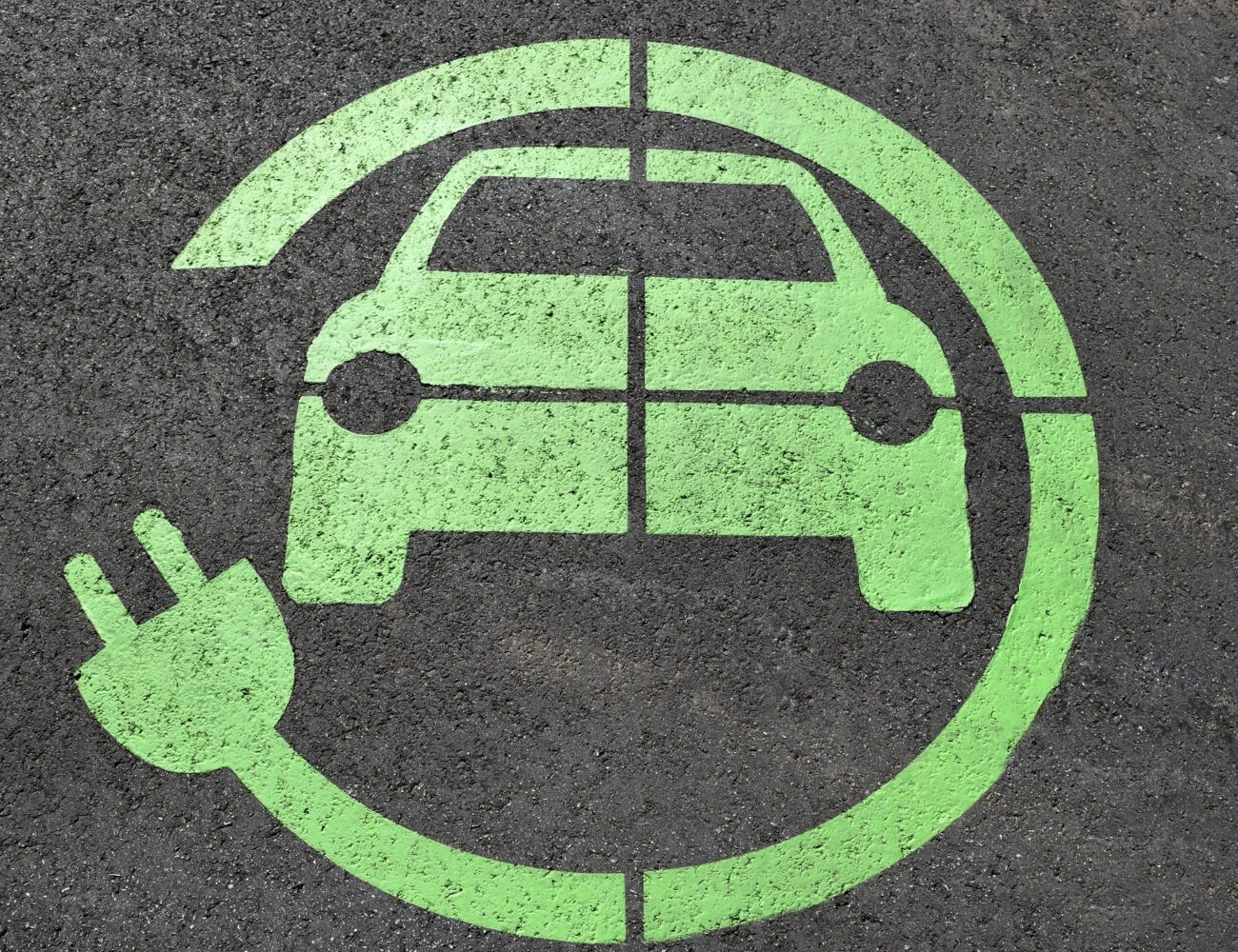

BatFactory
Project start: 01/01/2024
End of project: 12/31/2026
The activities of BatFactory aim, on the one hand, to mobilize R&I skills in the Walloon Region, in favor of Walloon private actors and their development. On the other hand, they aim to produce high-performance materials for instrumented storage batteries, using environmentally friendly, intelligent processes that facilitate circularity.
As part of the Battery Factory portfolio, it is proposed to develop the entire value chain of batteries, from the development of anode and cathode materials to the development and standardized characterization of batteries, including a strategy of eco-design based on life cycle analysis of systems developed in the context of their use.
Materia Nova will carry out, on the one hand, activities related to the synthesis, characterization (the performance of these new materials as anodes in batteries) and the optimization of new anode materials and, on the other hand, will contribute to the environmental assessment of systems and the optimization of products and processes in an eco-design approach to innovation.
The first type will be to produce carbon forms, doped or nous, by means of the Methane Plasmalysis process (I think this is worth pointing out)
Like type 2, it is more a question of developing a deposition source allowing the production of nanostructured anodes (GLAD process = Glancing Incidence) for the deposition of coatings on parade (a real techno challenge).
It is also planned to use carbon powders in the form of a slurry composed of the active material (graphite), black additive carbon, a polymer binder (PVDF) and an NMP solvent. Beyond the modeling of the mechanical properties of doped carbon powders, the selection of the nature of the dopants of interest as well as their level within the carbon structure will be supported by quantum simulation methods making it possible to determine (i) the stability of the different doping states and (ii) the modifications of the electrochemical properties caused by the doping. These modifications will make it possible to evaluate the impact of doping on the potential performance of the material as a battery anode.
In addition to the functionalization treatments for carbon powders offered by Materia Nova (ion implantation, plasma torch), the undoped carbon powders resulting from the plasmalysis of hydrocarbons will also be sent to GREEnMat in order to undergo lithiation type functionalization treatments or to LARN laboratory at UNamur with a view to possible surface functionalization by processes complementary to Materia Nova of the low pressure plasma type. The evaluation of the effectiveness of these materials within a battery will be carried out jointly by GREEnMat and Materia Nova.
All of the research projects - at an intermediate technological maturity level - are carried out jointly by UNamur, UMONS, ULiège, UCLouvain, ULB, Materia Nova, CRM, and CENAERO.

